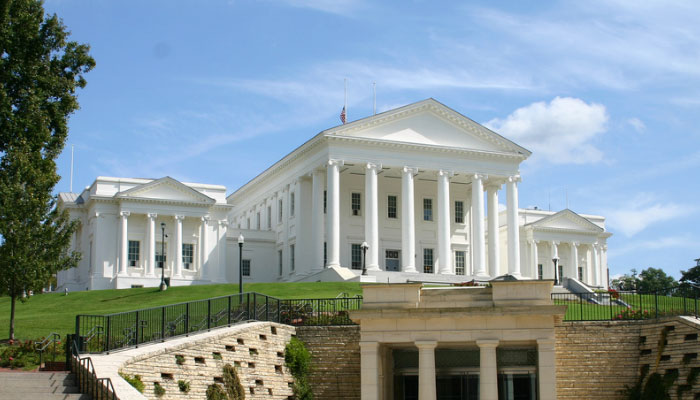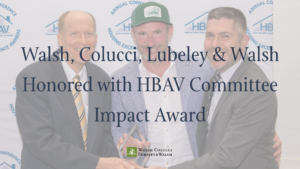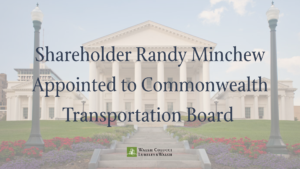Although the expansion of Medicaid dominated debates in the General Assembly for the 2018 session, for Northern Virginia the decision to provide dedicated funding to Metro will likely be the most consequential. The General Assembly’s approval of Virginia’s $154 million per year contribution to Metro will lead to less money available for regional transportation projects because that funding came largely from tax revenue previously earmarked for other new transportation projects.
On the positive side, Metro will have more, and predictable, funds available from Virginia, Washington, D.C., and Maryland, which will be devoted mostly to improving maintenance and reliability. Localities and the Northern Virginia Transportation Authority (NVTA), however, will have approximately $125 million less available for capacity-building projects like bus rapid transit and road widening projects. To put this financial impact into perspective, NVTA’s candidate project list for its six-year plan involved 60 projects and almost $2.5 billion in requested funds, with approximately $2.1 billion in funding projected to be available prior to diversion of funds to Metro.
Over six years, with the diversion of funds to Metro, approximately $750 million in funding will not be available to NVTA, and at its meeting on June 14, NVTA approved funding for only $1.285 billion worth of projects over the next six years. This still allows for significant investment in transportation projects in Northern Virginia, but in the near-term, it will lead to less projects moving into the design and construction phase. It is likely that during the 2019 session, Northern Virginia’s delegation to the General Assembly will seek to make additional funds available in order to make up for the loss of regional transportation funds.
Meanwhile, the General Assembly considered and passed with little controversy three bills aimed at improving eminent domain law in Virginia. The most significant of these bills is Senator Chap Petersen’s SB 809 related to lost profits, which can be viewed here. The bill provides equity between business owners affected by total takings and those affected by partial takings by allowing business owners in both instances to recover up to three years of lost profits. A prior version of the lost profits statutes limited recovery to just one year for businesses affected by total takings, whereas those affected by partial takings could recover up to three years.
SB 809 also alters the starting date for the calculation of lost profits so that it will now be the later of the date of the taking or “the date the state agency or its contractor prevents the owner from using the land or any of the owner’s other property rights are taken.” Additionally, the bill clarifies how a business owner intervenes in a case to make a lost-profit claim — by filing a motion and petition to intervene — and provides that the lost-profit claim can be bifurcated from the traditional just-compensation claim related to the real estate interests acquired. SB 809 amends Virginia Code Sections 25.1-100 and 25.1-230.1.
Virginia’s unique commissioner system was modified through HB 1564, available here. Under HB 1564, the parties to an eminent domain case must each nominate at least eight individuals to serve as commissioners, and then the court shall select 13 commissioners and at least two alternates to potentially serve. Commissioners serve as the fact finders in eminent domain cases but, unlike jurors, who are empaneled randomly by the court, commissioners are nominated by the parties.
Finally, Senator Petersen’s SB 278, available here, will require that after eminent domain cases are resolved, payments to landowners be made within 30 days of settlement or a final determination of just compensation, and that the payment can be made directly to the landowner’s attorney.
All three bills will become effective July 1, 2018.
With significant transportation projects underway, like the widening of I-66 outside the Beltway, and many others in the planning stages, these additional protections for business- and landowners will further help ensure that the public benefit of projects does not lead to a handful of landowners being unduly burdened.
If you require any assistance in an eminent domain matter, please do not hesitate to contact Michael J. Coughlin at mcoughlin@thelandlawyers.com or at 703.680.4664.







